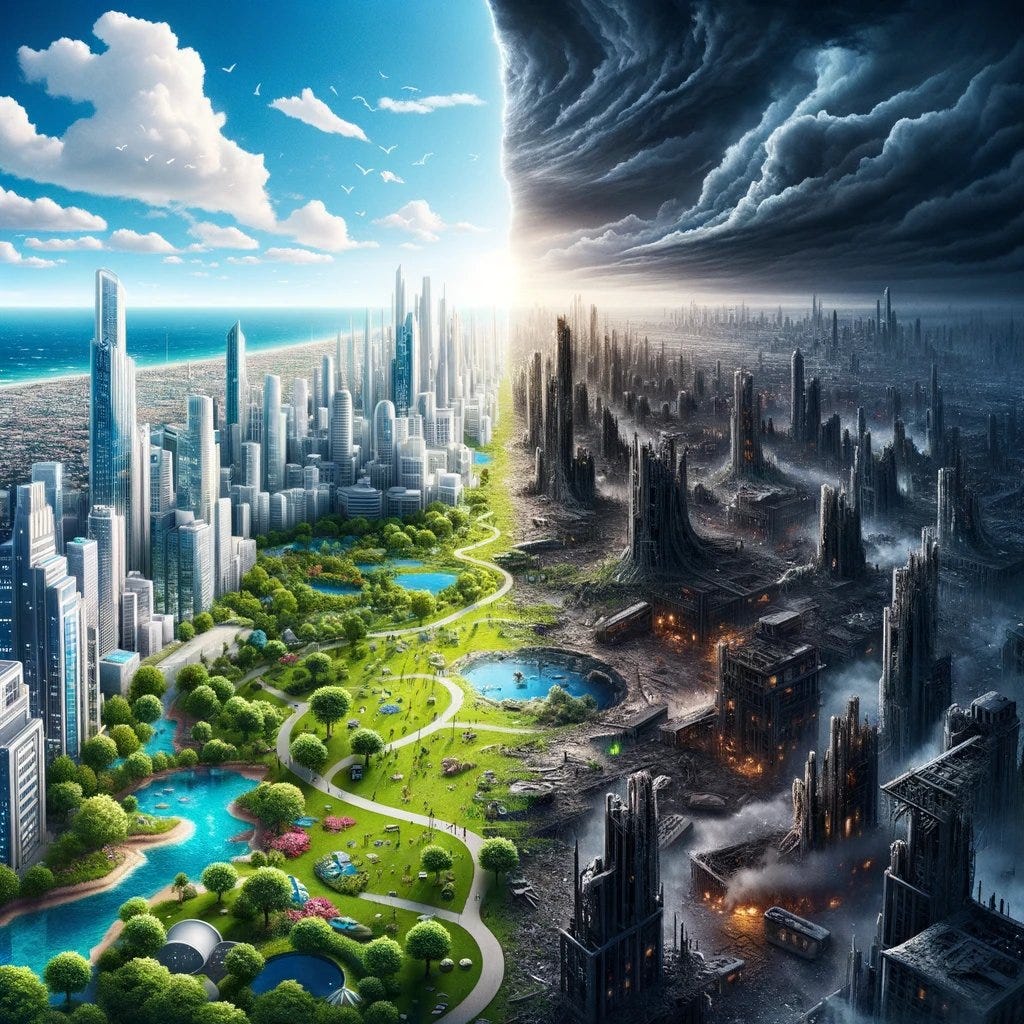#118 – Inequality is Not a Problem, Poverty is
“A society that puts equality—in the sense of equality of outcome—ahead of freedom will end up with neither equality nor freedom. The use of force to achieve equality will destroy freedom, and the force, introduced for good purposes, will end up in the hands of people who use it to promote their own interests.”
— Milton Friedman, Free to Choose: A Personal Statement
Inequality has become synonymous with injustice in popular rhetoric. Advocates for equality of outcome forget that attempts to enforce equality necessarily lead to inequality. They lead to the most dangerous inequality of all—inequality of power.
Rothbard rightly called egalitarianism a “revolt against nature”. Since people are in no way equal, a central authority (usually the State) must treat people unequally to place them in the same position1.
To understand the rationale behind egalitarianism, imagine a situation where a person with a fractured leg seeks medical help. Rather than treating the injury, the doctor intentionally fractures the legs of ten other people. The doctor justifies this action by stating it will alleviate the original patient’s discomfort by creating a sense of equality among them.
Egalitarians view wealth as a fixed pie, believing that rich people have acquired their wealth by stealing from others. But since wealth is created and is not a fixed pie, inequality of wealth or income is morally irrelevant. One helps the poor by lifting them up, not by pushing down those who are rich. The real problem is extreme poverty; that’s what we need to solve, not inequality.
Without inequality, there is no opportunity for trade, no opportunity for progress, no opportunity for anything good. True equality will be a catastrophe. We will only have perfectly achieved this ideal when we are all dead. Such is the anti-human vision of the egalitarian.
As Tom Hyde has written, in a free market, wealth inequality is good for the poor. People, given a choice, would rather be poor in a world with some degree of inequality than be poor in a world where everyone else is equally poor, resulting in zero inequality. Inequality means opportunities and potential for the poor to engage in trade and excel alongside wealthy partners. The alternative to wealth inequality, though, is inevitably poverty equality.
Some might argue that when they speak of equality, they are actually referring to “equality of opportunity”. However, the practical meaning of this concept remains ambiguous. The closest we can get is a world in which individuals are free to pursue what they perceive as paths to happiness, progress, and prosperity without facing arbitrary interference or forced restrictions.
Follow me on X: @arjunkhemani
Click here to support my work.
For a great illustration of this point, see Kurt Vonnegut’s short story “Harrison Bergeron”


Inequality is just another word for variation, and variation and selection is the way of nature.
If anything, inequality must be maximized, not minimized -- for you know what is another word for inequality? Genius.
Equality is stagnation is death.